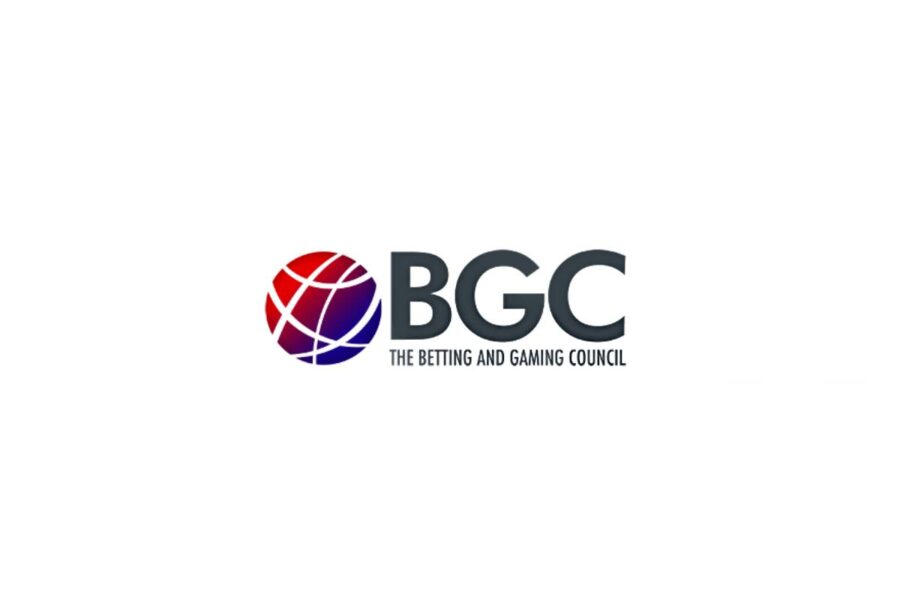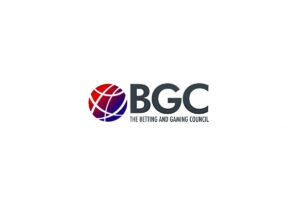Brigid Simmonds: World Cup sparked “torrent of baseless allegations” against betting

The chairman of the UK’s Betting and Gaming Council says the World Cup has resulted in more attacks on the industry.
UK.- Brigid Simmonds OBE, the chairman of the industry association, the Betting and Gaming Council (BGC), has criticised anti-gambling lobbyists for using the World Cup to make “a torrent of baseless allegations” against bettors and operators.
She said that anti-gambling lobbyists were being backed by poorly informed commentators in attempts to find “even more extreme reasons” to claim the World Cup was causing harm.
Writing on the BGC’s website, she said: “With its global audiences and the patriotic passion it excites, there’s no doubt millions will be having a flutter on World Cup games. While this is totally normal for most people, for a passionate few who harbour an entrenched dislike of betting, it has sparked a torrent of baseless allegations against those who bet and betting operators.”
Simmonds stressed that there was no evidence to suggest an increase in betting harm, noting that the Gambling Commission’s own estimate of problem gambling remains at a low of 0.3 per cent.
“Despite Covid, and the cost-of-living crisis, problem gambling rates in the UK have been falling for the past number of years. It is not soaring, it is not rocketing, it remains a small number of the many millions who bet safely and responsibly.”
She also highlighted the measures that licensed gambling operators have taken to reduce harm further.
“Our members introduced the Whistle to Whistle ban, preventing betting advertising during live football before the watershed. Now, no betting advertising can be shown five minutes before until five minutes after live games on television. This reduced the number of children seeing betting ads by 97 per cent.
“It also reduced the numbers who saw betting ads during Euro 2020 by 47 per cent compared to the last World Cup. Television adverts aren’t being increased, they are being decreased. All advertising that is shown follows strict guidelines, and 20 per cent of advertising on TV and radio is now committed to safer gambling messaging.
“Meanwhile, the new age-gating rules for advertising on social media platforms now restrict ads to those aged 25 and over for most sites. This has removed over one hundred million social media impressions. This measure alone was one of more than 20 separate industry standards or initiatives enacted since the BGC was established just three years ago.”
Simmonds also highlighted the UK’s annual Safer Gambling Week, the range of tools available such as deposit limits and cooling-off periods and the industry’s voluntary funding of independent charities.
“The BGC’s largest members pledged £100m of funding over four years, for research, education and treatment services to tackle gambling harm to be administered by GambleAware. BGC members have gone further, and will have provided £110m to GambleAware by the end of March 2024.
“Right now, a network of charities is treating approximately 85 per cent of all those receiving treatment for problem gambling in Britain. The industry has no say on how the money they donate is spent. This is a mature, successful network of support, properly funded and reaching the majority of problem gamblers. In fact, the NHS is only a minority caregiver in this space.
“This contribution comes from an industry which supports over one hundred thousand jobs, while generating billions for the economy and in taxes. This stands in stark contrast to the growing unsafe, unregulated gambling black market. These sites are easy to access and the numbers betting there are already in the hundreds of thousands, and the amount bet is in the billions.”
As for the government’s long-delayed review of gambling legislation, Simmonds said the BGC saw it as a “further opportunity to drive up standards” but not at the risk of pushing players to the black market.
She said: “As this long process draws to a conclusion, MPs should not allow emotions to overrule common sense. Any dispassionate analysis of the facts leads to the obvious conclusion that betting is popular, problem gambling is low, while the industry is good for sport, the economy and tax take.
“The industry takes its responsibility for safer gambling very seriously. To shackle it with the kinds of regulations being called for by prohibitionists would create harm, not prevent it. Common sense must prevail.”
Last month, the BGC hit back against criticism of the gaming industry-backed Safer Gambling Week after campaigners had criticised the initiative, which was in its fifth year.
Will Prochaska, strategy director of Gambling With Lives (GWL), criticised Safer Gambling Week in an article on Politics Home. He labelled it a “cringe campaign” designed to try to cover up the harm caused by gambling. He called on MPs to ignore the initiative and to consider it as an annual deception that aimed to deflect attention from the ills of gambling.
See also: BGC welcomes UK government’s growth plan











